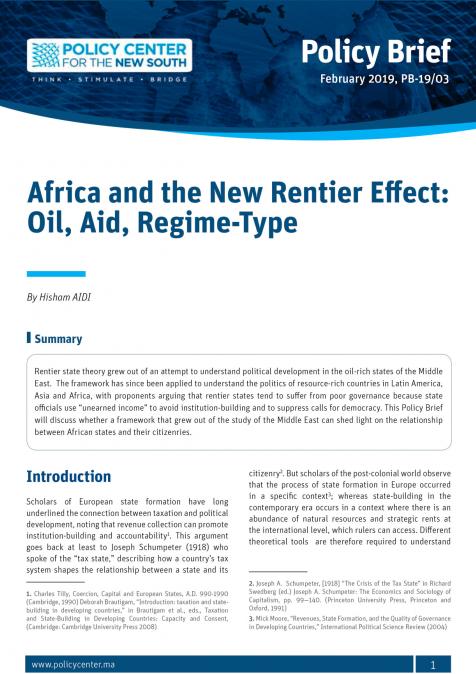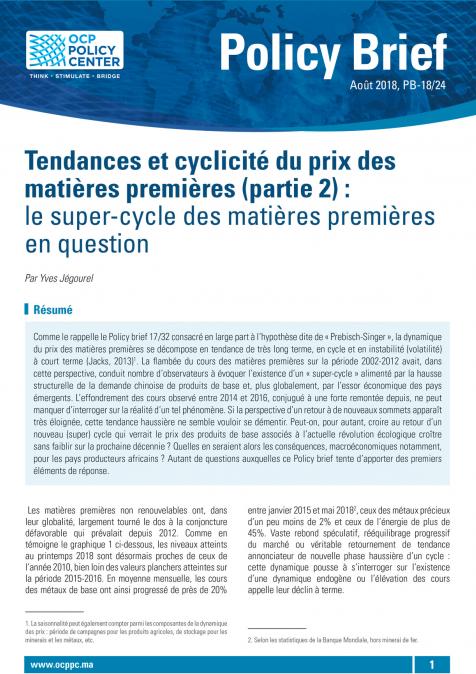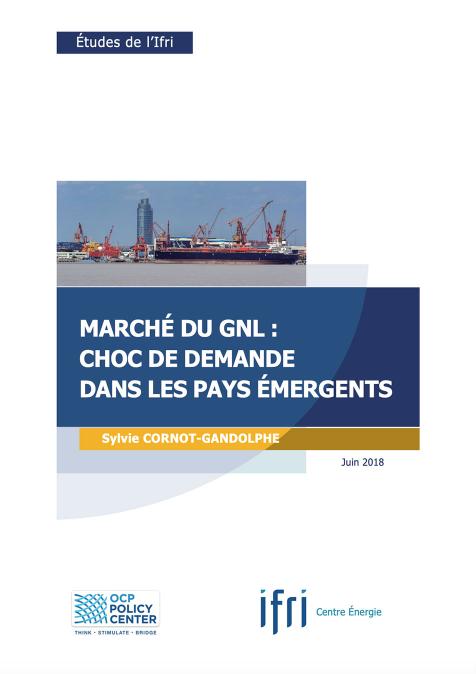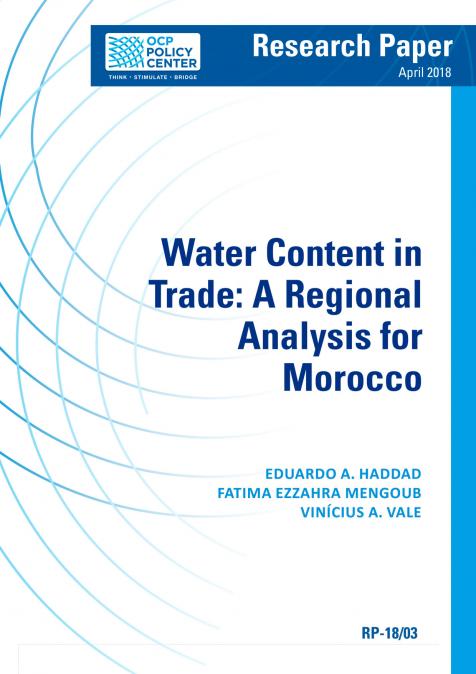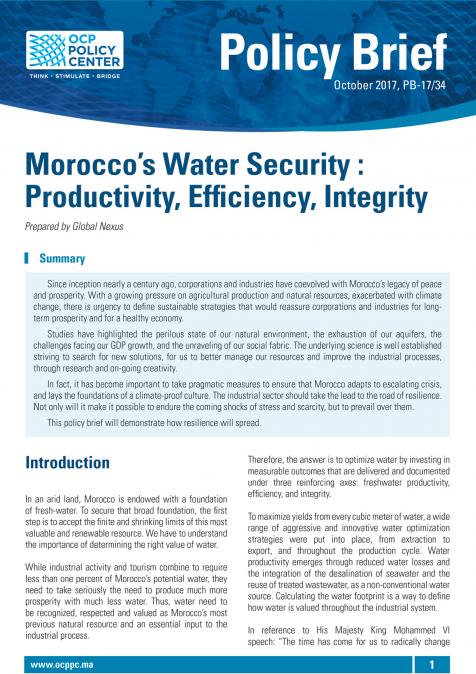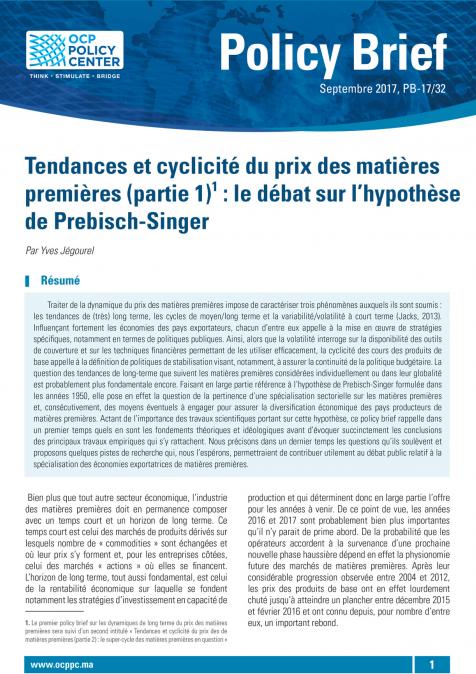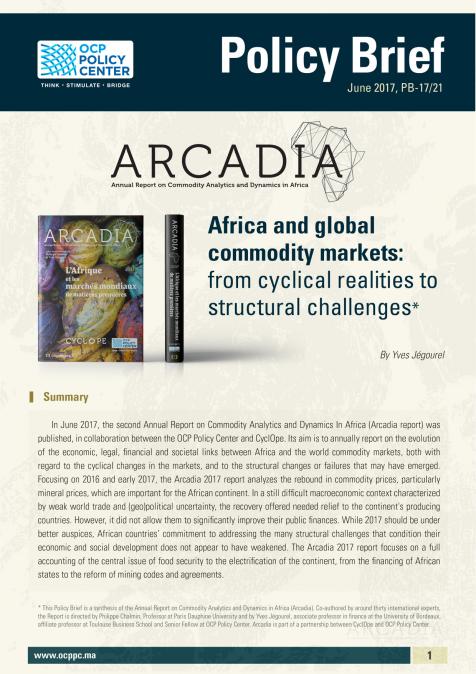Publications /
Policy Paper
Climate change threatens to reduce the water flow in the Nile and increase the frequency and severity of droughts and floods in Egypt, which already suffers from water scarcity. This threat is a looming crisis as it seriously undermines the Government of Egypt’s long standing food self-sufficiency approach to food security, an approach which is wasteful of increasingly precious arable land and water resources, while achieving neither more food self-sufficiency nor meaningful food security for the poor and vulnerable. Given its fiscal constraints and the substantial budgetary resources it has been spending on subsidizing basic foods, this looming crisis is an opportune moment for Egypt’s government to re- assess and rebuild its food security approach, in the context of a fast urbanizing and youthful Egypt in a water-constrained, climate-change impacted world.


